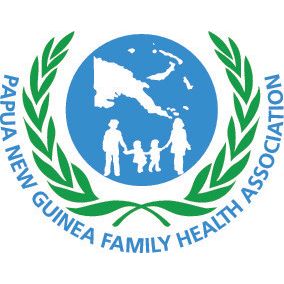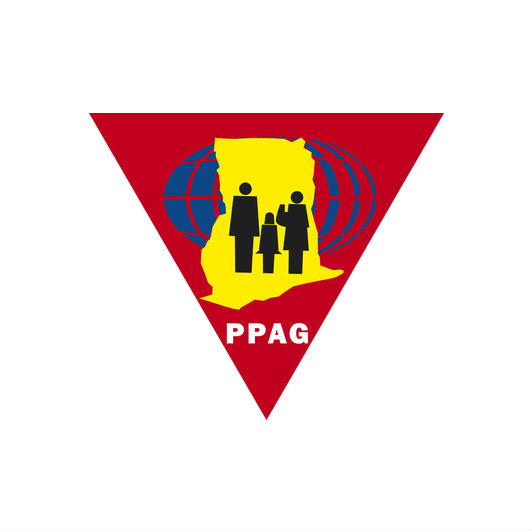

| 09 December 2020
Papua New Guinea Family Health Association
The Papua New Guinea Family Health Association (PNGFHA) was established in 1981 and registered in the same year under Section 7 of the Associations Incorporation Act, Papua New Guinea. PNGFHA became an IPPF Collaborative Partner in 2001 and then an Associate Member, approved at the December 2020 Board of Trustees meeting. The Association's Head Office was originally based in Lae, Morobe, but was relocated to the capital Port Moresby, in 2015. PNGFHA currently operates across 8 static clinics in Port Moresby (3), Lae, Markham and Bulolo (Morobe Province), Goroka (Eastern Highlands Province), and Kokopo (East New Britain Province), and are operated from facilities provided either by the Provincial Health or the district authorities. PNGFHA has a staff of 25, both clinical and non-clinical, and is supported by an extensive network of volunteers. Each clinic has regular outreach services to remote populations, providing safe and confidential SRH services and raising awareness. In 2021, PNGFHA delivered 220,038 SRH services to 53,497 clients, more than 90 per cent of whom were poor/ vulnerable. The clinics provide a wide range of SRH services including STI and HIV awareness, family planning, responding to cases of gender-based violence, and counselling. Legal services for survivors of sexual and gender-based violence (SGBV) are also provided due to need. Other programs include the youth/adolescence comprehensive sexuality education with out-of-school and in-school youths. Various outreach programs such as mobile clinics and awareness have also been implemented in partnership with local Provincial Health authorities. Currently PNGFHA have 3 furnished operational youth centres and youth clinic which provide support for the youth volunteer network, community outreach, CSE both in and out of school. Youth friendly spaces offer youth the opportunity to access information, receive counselling and a friendly safe space where young people can meet and share ideas. The youth friendly clinic provides access to quality and relevant youth centred SRH services and referrals, in the case of SGBV, by staff that are sensitive and trained to dealing with young people. Outreach involves activities mostly identified by the young people themselves, ranging from awareness in a school settings and communities, during a community event, community and government organised activities such as cultural shows and sports events. Through outreach events, trained youths are able to reach out to their peers and motivate them to access more information and services.

| 31 March 2016
Planned Parenthood Association of Ghana
Ghana is a country which has deep-rooted cultural norms, and structural barriers that perpetuate poor sexual and reproductive health. These include high risks of maternal mortality, high numbers of sexually transmitted infections, including HIV, and low levels of contraceptive use. The Planned Parenthood Association of Ghana (PPAG) was set up in 1967 to provide family planning services to the people of Ghana. Over the years, its work has expanded to cover a whole range of sexual and reproductive health (SRH) services. Today, in addition to basic family planning support, PPAG provides maternal and child health care, infertility management, and voluntary counselling and testing (VCT) for sexually transmitted infections (STIs) including HIV. It also provides other SRH services (for example, programmes for the management of erectile dysfunction). PPAG’s operation depends on a team of 103 staff, over 1,000 volunteers, 300 peer educators, 551 community-based distributors (CBDs) and a Youth Action Movement membership of 810 young people. PPAG's delivers services and programmes through 1,356 service points, including 11 permanent clinics, 54 mobile clinics and over 1,000 community-based service points (CBSs). PPAG works with a huge roster of partners, right across government in health, education, HIV and AIDS, youth, and population planning departments. Its civil society networks include over 15 non-governmental organizations. It receives financial support from the Japanese International Cooperation Agency, the Japanese Organization for International Cooperation in Family Planning, UNFPA, the Programme For Appropriate Technology in Health (PATH), the African Youth Alliance (AYA), the Big Lottery Fund (BLF) of UK, DANIDA, the French Embassy, the UK’s Department for International Development (DfID), UNICEF and GTZ.







